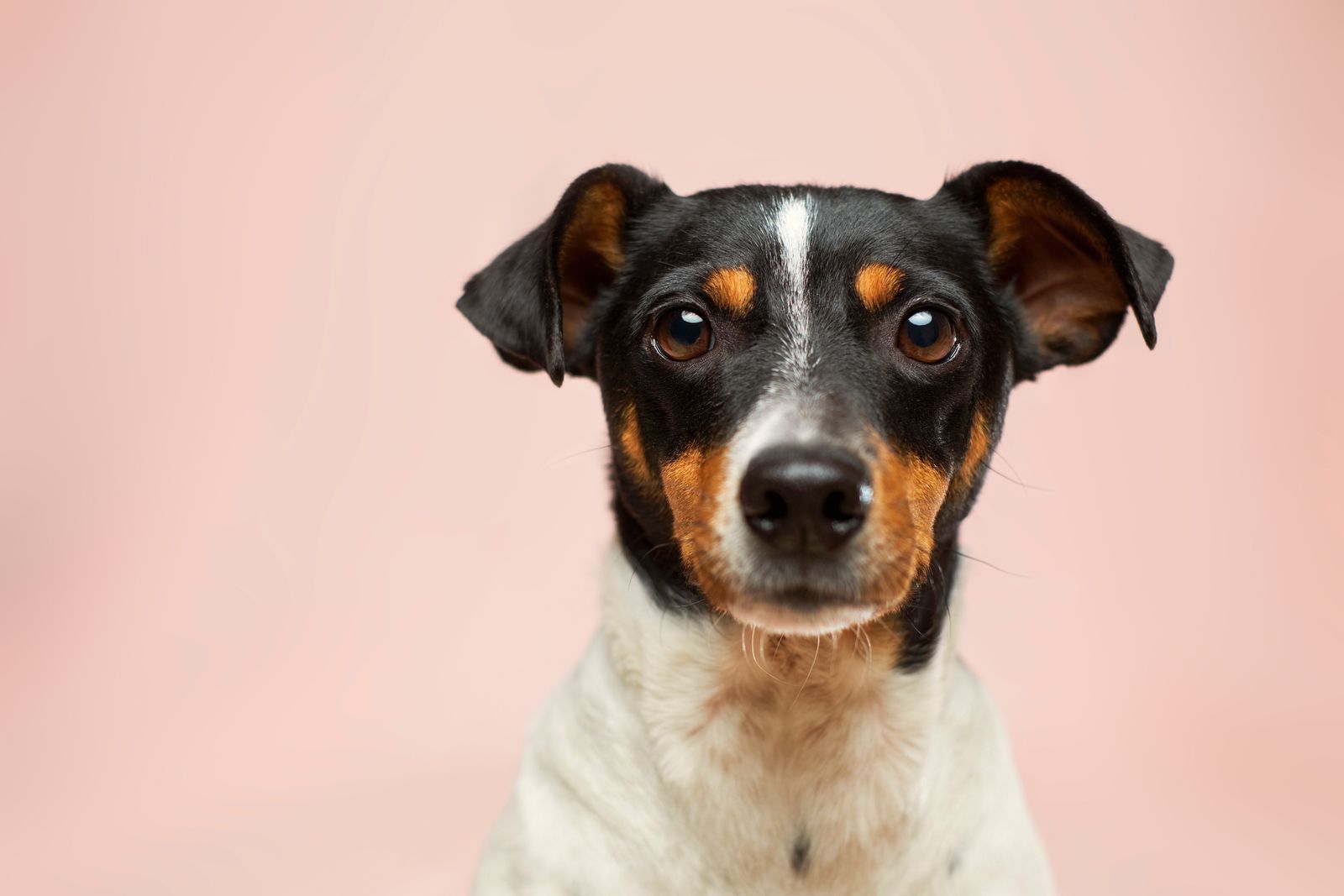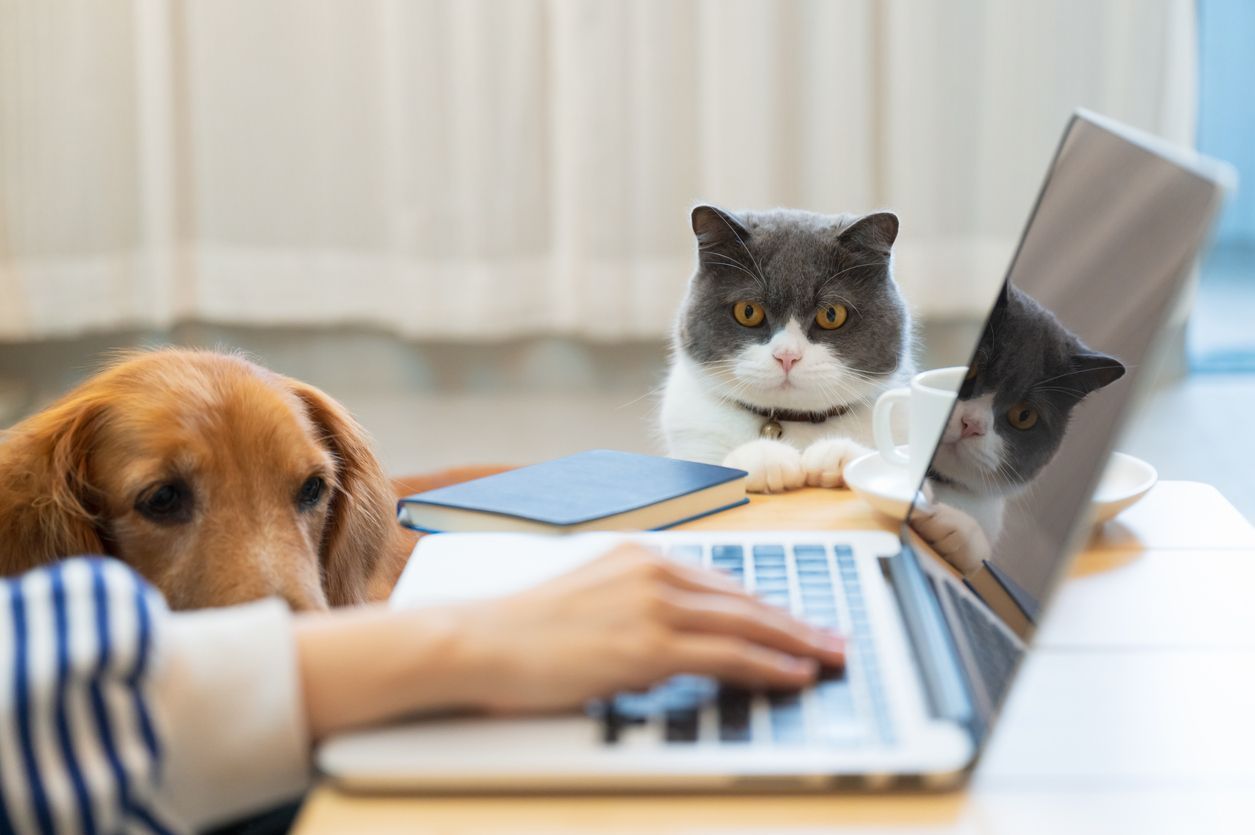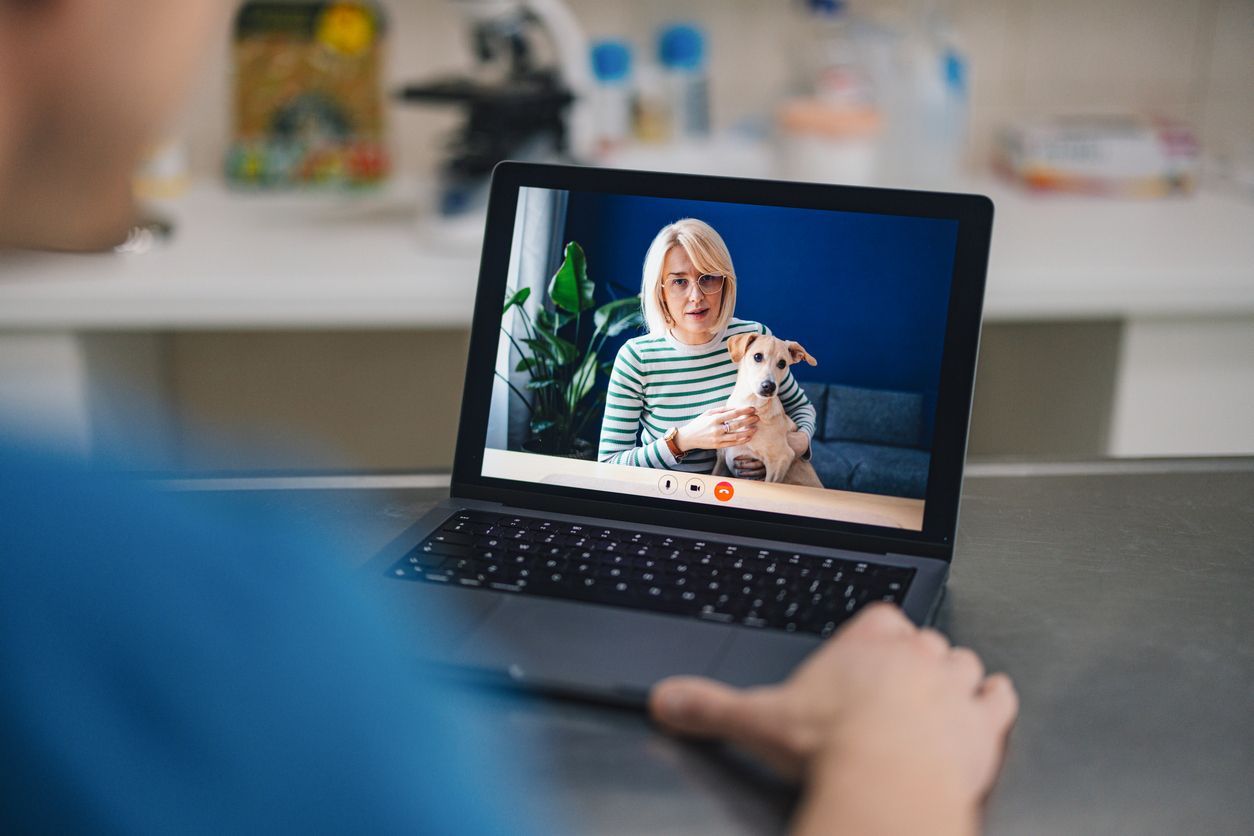Everything you should know about Parvo if you have a dog

Most dog owners have heard of parvovirus, a scary-sounding disease that is highly contagious for dogs. One of the first vaccinations that puppies receive is the parvovirus vaccine, typically given at 6-8 weeks of age, with boosters administered every 3-4 weeks until the puppy is about 4-5 months old. This vaccine is often a requirement to bring your puppy to a groomer, boarding facility, or training class. But what exactly is parvo and should you be worried about your dog or puppy getting it?
What is parvovirus?
Canine parvovirus infects the stomach and gastrointestinal tract and causes severe, life-threatening symptoms. Puppies between the ages of 3 and 6 months are at the highest risk of contracting parvo, but it can affect dogs of any age. This virus is shed in large quantities from sick dogs and remains infectious for a long time on surfaces and in the environment. As a result, it can be very difficult to avoid exposure to parvovirus. It spreads very easily and infected puppies develop symptoms within 3 -7 days after exposure. See a veterinarian to start your puppy’s vaccination series early and keep up with boosters according to your veterinarian’s recommendations in order to help your pup develop immunity against this widespread viral threat.
Symptoms to look for
The symptoms can vary, but classic parvovirus infection presents as an unvaccinated 2-8 month old puppy who has lost his appetite, has no energy, and is producing large volumes of vomit and completely liquid, bloody diarrhea. Being vaccinated doesn’t rule out the possibility of infection, so parvovirus is still a possibility for a vaccinated puppy as well. Some of the symptoms of parvo are similar to other diseases, and parvo can cause secondary infections by weakening your dog's immune system. Always contact a vet if your dog is displaying symptoms of illness. Some symptoms of parvo include:
- Vomiting
- Bloody diarrhea
- Appetite loss
- Weight loss
- Lethargy
Your dog does not have to display all of the symptoms to have parvo and symptoms may not always show up right away. Parvo has a high mortality rate, especially for puppies, so it’s important to recognize these signs and take action quickly. A series of veterinarian-administered vaccinations is a good start, but it does not guarantee protection, so don’t dismiss the possibility of parvo if your puppy has had their shots. If you find out your dog was in contact with an infected dog it is best to consult a veterinarian right away, but many dogs become infected without any known exposure.
What to do if your dog gets parvo
If your dog is showing symptoms of vomiting, diarrhea, lethargy, and appetite loss, contact a vet right away. Most veterinarians can perform a rapid test for parvo that provides results in just a few minutes. There are options for how to treat parvo, but the general rule is that receiving aggressive treatment in the hospital will provide the best odds for survival. Regardless of if your pup is treated at home or in the hospital, keeping him isolated from other dogs and puppies will help prevent them from infecting other dogs with the virus. Dogs in your home should use separate, sanitized bedding, dishes, and toys if you suspect one of them may be infected. Older, fully vaccinated dogs are at lower risk of getting sick after being exposed to parvo, but it can still happen so it’s better to be safe than sorry.
Parvo can persist in the environment for a long time, and each dog may react in different ways to the illness. If you have a dog with parvo in your home, it is best to avoid bringing a puppy into the house for at least a year. The risks for a breakthrough infection from the contaminated environment are considered to be too high for a year or more, even when the puppy is seeing a veterinarian for vaccinations and is up to date on their shots. A dog who is closer to two years old and has already received a full round of vaccinations and their first annual booster has better odds in an environment that was previously infected by parvo. Be very cautious in this situation and consult a veterinarian before re-introducing a dog to your household.
Preventing parvo in your pet
The best defense against parvo is repeating boosters and keeping vaccinations up to date while also avoiding exposure to sick dogs or environments where dogs with parvo have been.
Veterinarian-administered parvo vaccines are safe and effective, but protecting puppies under six months of age is challenging. There are several guidelines you can follow to keep your dog healthy and help prevent them from getting parvo or other diseases, including:
- Avoid over-the-counter vaccinations
- Take your new puppy in for a wellness exam within a few days of bringing him home (so his vaccination schedule can be determined)
- Follow your veterinarian’s recommended vaccination schedule, including boosters
- Be careful when socializing with other dogs at dog parks, training classes, or boarding facilities
- Sanitize surfaces with a special disinfectant formulated for parvo when cleaning up after a dog with parvo
- Wash your hands and change your clothes after handling sick dogs or puppies
One common myth about parvo prevention is that you shouldn’t take your puppy anywhere outside of your home or fenced back yard at all until they’re fully vaccinated so they’ll be safe. This is problematic for a few reasons. Puppies need to experience the sights, sounds, places, other people, and pets that will be part of his everyday adult life. The optimal age window for becoming confident with these types of encounters is relatively short; it’s too late to wait until your puppy is 6 months old before leaving the house and doing so can lead to anxiety or behavior problems down the road. Additionally, a fully-vaccinated puppy is not safe from parvo the instant the last booster is given. Breakthrough infections can and do occur, and the process of developing protective immunity takes time. Keeping your puppy up to date on veterinarian-administered parvo vaccines is the foundation of protection against parvo, but nothing is 100% protective, so common sense and balance are essential.
If you have questions about parvo prevention or managing your pet’s health after parvo, you can book an online virtual care appointment to discuss the best options for you and your pet. Vetster offers 24/7 on-demand, online veterinary appointments that put your pet’s health first. Select a time convenient for you and video chat with a Vetster veterinarian from the comfort of your home or anywhere you have access to the internet. Choose from thousands of licensed vets based on their specialty, location, or availability and see their flat-rate fee upfront. For emergencies, checkups, prescriptions*, and everything in between, take control of your pet’s health anytime and anywhere with Vetster.
*Prescription services vary by state and province.










